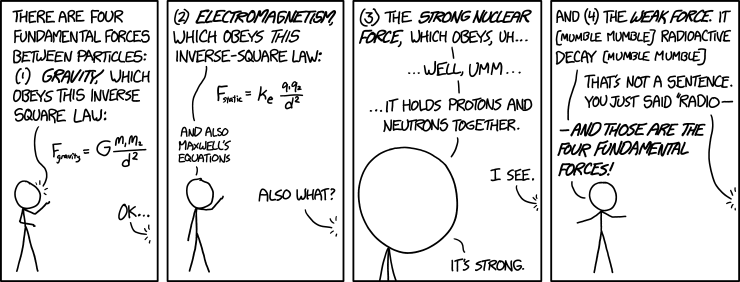I agree there needs to be more context to get an idea of what the professor is getting at, but the statement being made on the slide sounds pretty dumb and there are instances of people who are anti-science and not very smart who say the exact same thing.
This is basic 101 stuff and it's only dumb when people handwave all of science "because it's a social construct." You have to be aware of the limits of your own understanding of the world to be able to do good science.
This is an out of context photo of a non-controversial statement. All of the nuance is lost. College is about nuance. This kid is gonna fail the class.



